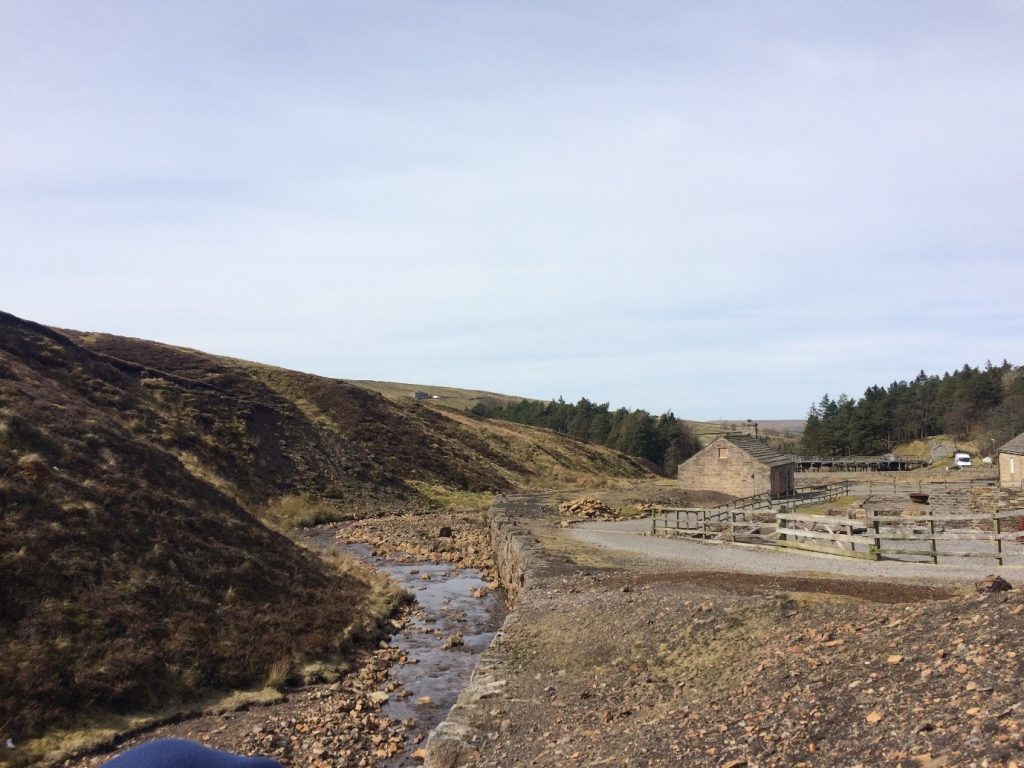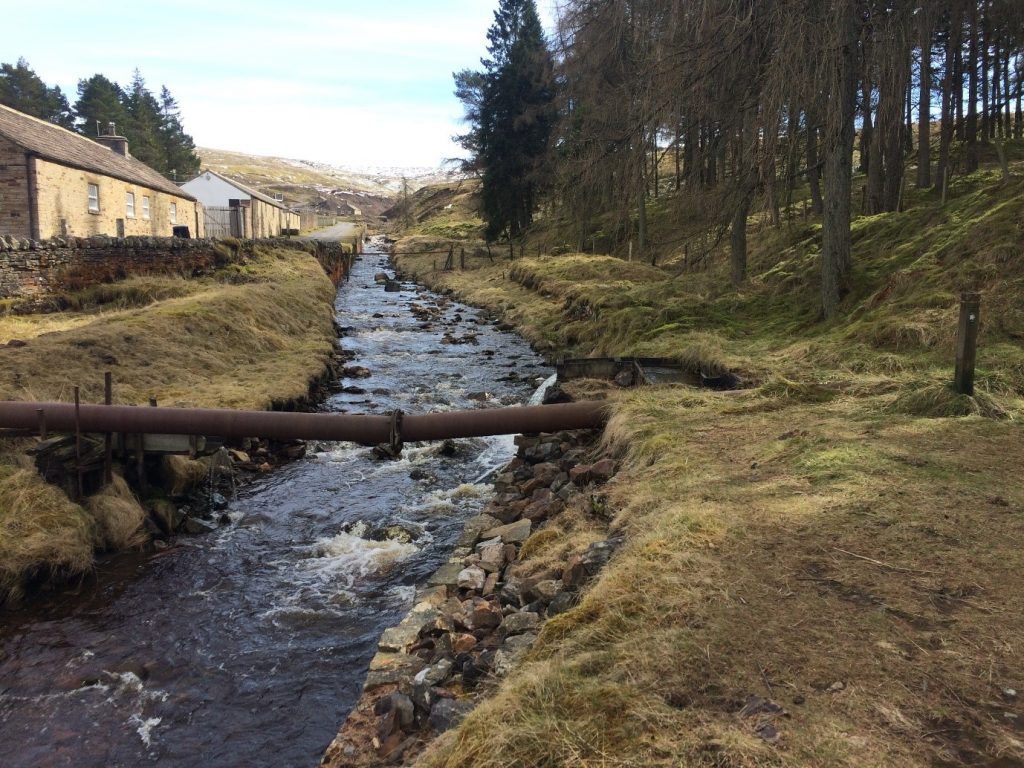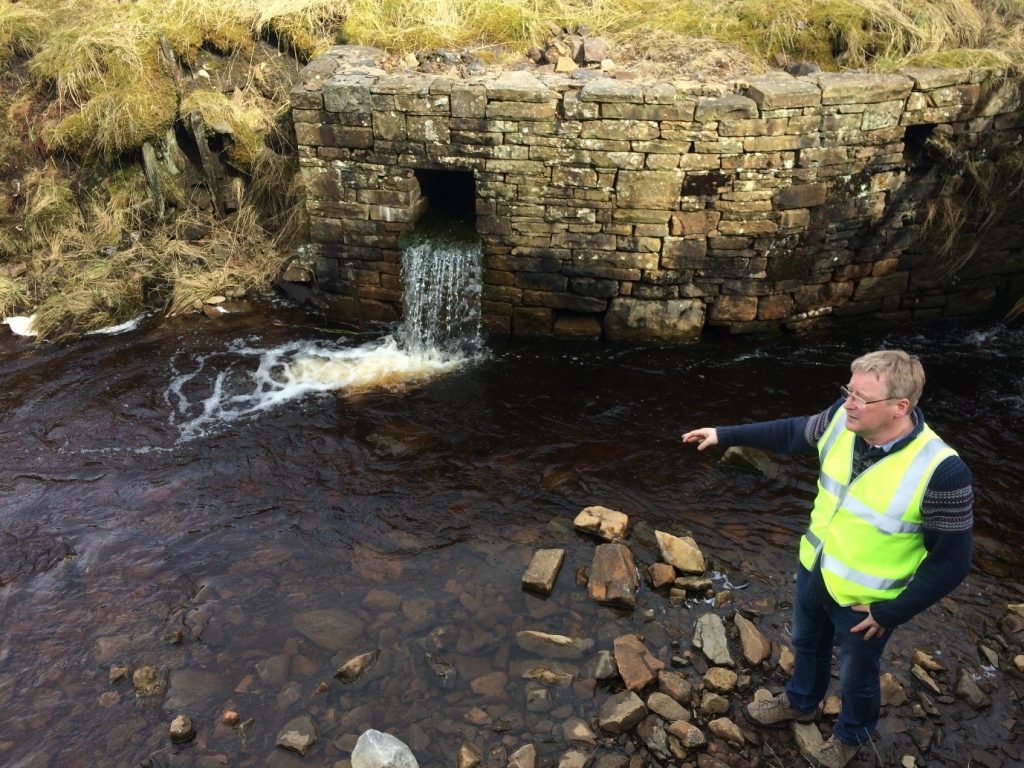Mosopefoluwa Oikeh, a postgraduate student studying an MSc in Environmental and Petroleum Geochemistry, writes about Women in Engineering. Here’s part 1 of her blog celebrating International Women in Engineering Day:
I began to show interest in engineering and science as a child after my elementary education. At elementary school, I was introduced to subjects related to engineering like introduction to technology and general science. I found this subjects more interesting and applicable, as there were practical sessions for some topics.
Careers in science and engineering are prestigious professions in Africa and if successful as a female, you become an icon even though the chances were slim. However, as a child I wanted this prestige and this birth my interest in science and engineering. In addition, I had two science teachers while at college who spurred my interest in chemistry and physics because of the teachers’ creative teaching styles and practicality of the subjects.
My ambition is to be competent at providing engineered solution to issues that affect the environment. I aspire to research ways to harness carbon capture potentials of so called greenhouse sources e.g. landfill and oil polluted soils.
The decision to study geology and petroleum geology as first and second degrees respectively informed my choice of specialising in environmental science. This human activities and impact on the environment increased my awareness of our endangered earth. I believe It is not just enough to create problems in a bit to harness energy, it is safe and responsible to solve the environmental problems that arise in the process
Environmental engineering is one field I am also interested in and plans to gain professional qualifications in this area as well.
Currently, I am doing a postgraduate taught programme in environmental and petroleum geochemistry. This course addresses issues with pollution, assessing and quantifying pollutants, mapping pollution sources and its fate in the environment. I am happy the knowledge gained so far is helping so well in progressing my career
Newcastle University’s career service has been a very helpful medium. It organises career sessions involving talks from industries and professionals in my field. It also provides information about job and research opportunities which may not be opened to the general public. The library resources are wonderful, accessible and up to date.
My advice to young girls is to identify their passion, pursue it with vigour and strive to be the best at it. As a girl, you are not an alternative or option, but a necessity. This statement remains true in any chosen career- as long as you are competent in your chosen field. I hope to inspire young girls first by being a role model to influence those around me. Also, I aim to utilise opportunities I have to creatively teach science subjects to inspire the young ones.
#INWED17






